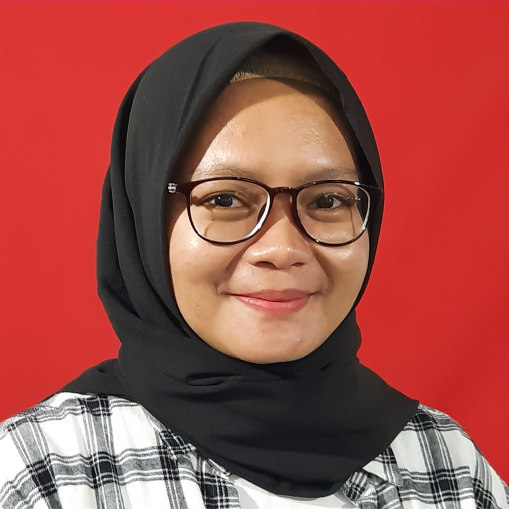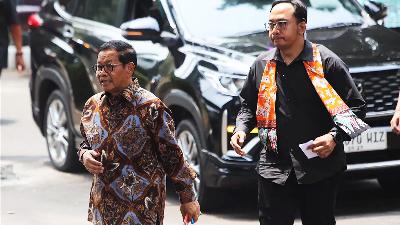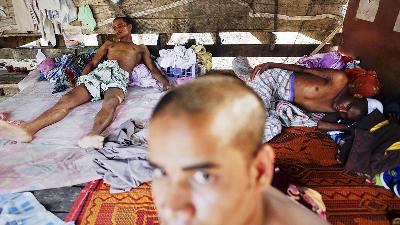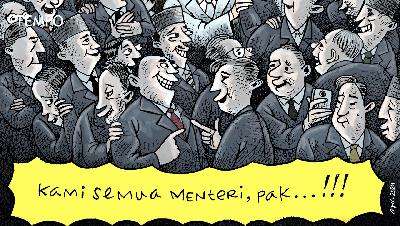Success Stories of Rohingya Refugees
Monday, October 21, 2024
Several Rohingya refugees successfully built their careers in various fields. They continued to work and raised awareness about the plight of displaced Rohingya refugees.
arsip tempo : 174546068881.

THE academic journey at prestigious universities and international awards is showcased on Noor Azizah’s LinkedIn profile. The young Rohingya woman works in advocacy and education, also acting as a voice for the Rohingya community, especially women and children.
Noor is among the 1 percent of the 2.8 million Rohingya people who have found freedom and a decent life. The 29-year-old said that most of her group members are still trapped in Myanmar.
“They are either facing systemic persecution or living in overcrowded and unsafe refugee camps in Bangladesh, Malaysia, and other Southeast Asian countries,” Noor told Tempo on Tuesday, September 24, 2024.
Before living a decent life in Australia, Noor and her family were left in limbo. In fact, when she was born in Arakan, Myanmar, in 1995, she had no citizenship. As a baby, Noor was taken by her family as they fled when the violence against the Rohingya escalated.
Her family’s escape was filled with dangerous obstacles. They walked through dense forests, sailed on boats, and survived on whatever food they could find or from the generosity of people in the areas they passed through.
Despite the life-threatening conditions, Noor explained that the journey was their only option for survival. “Staying in Arakan would most likely mean death for my family and me,” she said.
After a long journey, Noor and her family arrived in Sabah, Malaysia, hoping to find safety. However, for eight and a half years, they lived in refugee camps, surrounded by misery. They constantly lived in fear of being arrested or labeled as illegal migrants.
Local residents often held negative views toward the Rohingya refugees. As a result, Noor and her family had to hide their identities to protect themselves. “We were even afraid to say the word ‘Rohingya’ out loud because of the risk of persecution,” she said.
As a refugee, Noor could not receive formal education in Malaysia. Education was a distant dream and her family’s main focus was simply survival. She and her siblings had to avoid public places to stay undetected.
Noor’s eldest brother eventually took on the role of teacher, educating his younger siblings as much as he could. He had quickly mastered Malay and began working odd jobs to support the family.
For years, Noor and her family lived in uncertainty. In 2003, a glimmer of hope emerged: the Australian government finally granted them asylum. “This was a turning point for my family,” she said.
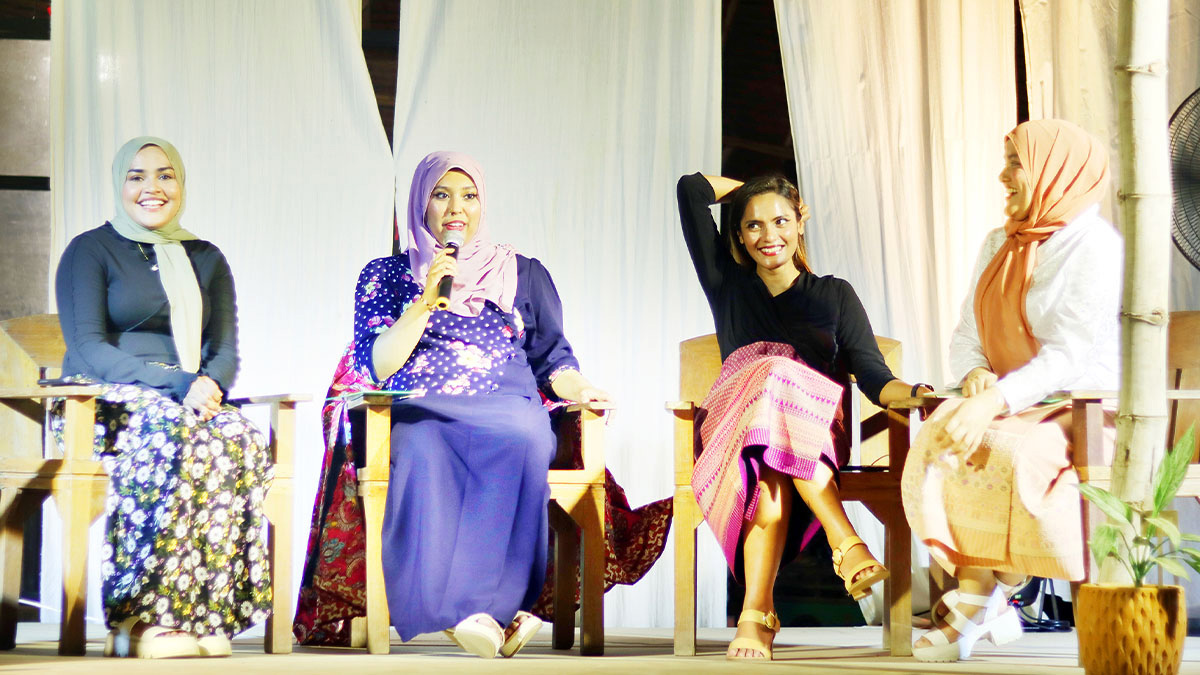
Noor Azizah (second right) in a discussion in Australia, September 2024. Personal Doc.
For the first time, Noor had official documents and was recognized as a human being. She and her family could finally breathe easily, free from the fear that had haunted them. They quickly adapted to their new life in Australia.
Noor pursued formal education, eventually attending university. She earned a bachelor’s degree in education, specializing in elementary education and teaching English to speakers of other languages (TESOL) from the University of Sydney. Since 2019, Noor has been teaching English in Sydney.
The recipient of the 2024 Global Citizen Youth Leader Award then went on to pursue a master’s degree in peace and conflict studies at the same university. She sought to deepen her understanding of conflict, displacement, and human rights.
Her academic achievements have equipped Noor to advocate for the Rohingya community. She strives to fight for justice, equality, and dignity for refugees.
Noor later co-founded the Rohingya Maìyafuìnor Collaborative Network (RMCN) with four other Rohingya female survivors. The non-profit organization focuses on advocating for the human rights of the Rohingya people, especially women and children. Its goal is to amplify Rohingya voices and promote gender equality, education, peace, and security while building solidarity with other marginalized groups.
The organization’s mission also includes raising international awareness of the Rohingya genocide. Their efforts include combating hate speech, providing emergency aid, and supporting education and mental health services for Rohingya refugees.
Through the RMCN, Noor actively provides psychosocial support to 81 unaccompanied Rohingya children in Aceh. “Many of these children witnessed their parents drown or experienced trauma from their parents being detained,” said Noor, who was appointed as an expert for the Global Refugee Forum (GRF) in 2023.
Noor also helped a Rohingya student in Indonesia attend university. Additionally, she has provided humanitarian aid to over 1,000 Rohingya families in Bangladesh who recently survived genocidal violence.
“Our work has had a significant impact on many lives through educational programs, advocacy, and building relationships with the Rohingya community in various countries,” said the United Nations refugee delegate and recipient of the 2024 NSW Young Women of the Year Award.
•••
HAFSAR Tameesuddin, a Rohingya refugee who lived in a refugee camp in Malaysia for eight years, is also involved in advocacy and activism. A graduate of Manukau Institute of Technology in Auckland, New Zealand, she now works as a social worker and serves as the Co-Secretary-General of the Asia Pacific Refugee Rights Network (APRRN).
The organization where Hafsar works plays a key role in protecting and promoting the rights of refugees and other vulnerable communities, including asylum seekers, stateless people, and members of the lesbian, gay, bisexual, and transgender communities.
Through the APRRN, Hafsar focuses on advocating for several countries hosting Rohingya refugees. She strives to change the global perception that refugees are not a burden. “They bring skills and abilities that can contribute to the host communities if given the opportunity,” she said.
Hafsar explained that if refugees are confined to camps and restricted, they would inevitably become a burden. In her view, every refugee values the opportunity given to them and is eager to contribute to the country that provides them protection.
For example, while she was still a refugee in Malaysia from 2011 to 2019, Hafsar engaged in social work to avoid becoming a burden to the country. She worked for the United Nations High Commissioner for Refugees (UNHCR) and the International Rescue Committee (IRC) to advocate for human rights.
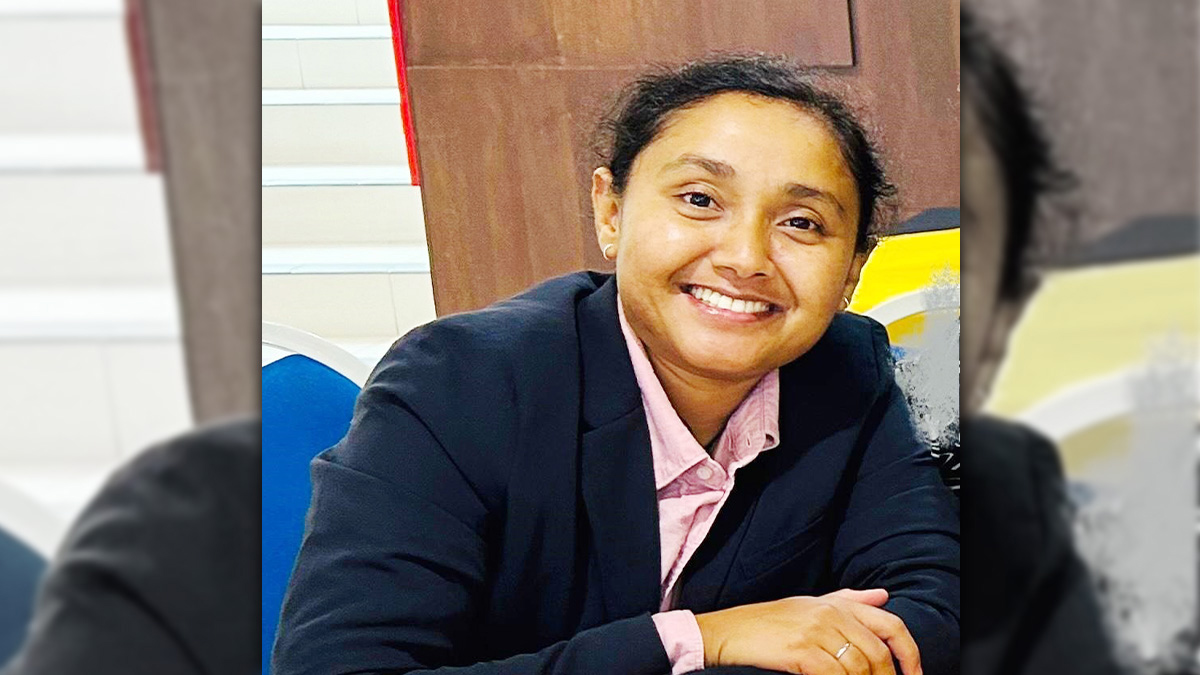
Hafsar Tameesudin Personal Doc.
Hafsar was born stateless because Myanmar excluded the Rohingya and other ethnic minorities from its citizenship law. She lived and grew up in Rakhine until her twenties. She then moved to Yangon, Myanmar’s capital at the time, and went into hiding for several months while trying to find a way to leave the country.
Without official identification, it was difficult for Hafsar to travel. The only option she had when fleeing Myanmar in late 2009 was to hire smugglers. “I traveled overland, crossing into Thailand through the border,” she said.
After successfully leaving Myanmar, Hafsar settled in the border area of Mae Sai, Thailand. She spent most of her time in hiding, as border officials could arrest and deport her to Myanmar or even detain her at any moment.
She was also unable to apply for refugee status due to limited access to contact the UNHCR. After a year and a half in Mae Sai, Hafsar decided to go to Malaysia. From her little research, she discovered that she could find a way to obtain refugee status there. “And I might be able to find some kind of job and long-term solution. That was my hope,” she said.
By paying smugglers, Hafsar arrived in Malaysia. She registered as a refugee with the UNHCR and applied for resettlement in 2011. After five years of waiting, she had her first interview with the UNHCR in 2016. She still had to wait several more years to receive confirmation of asylum.
After being informed that she was being resettled in New Zealand, Hafsar was still unable to leave the camp. About a year later, in January 2019, she finally flew to New Zealand and officially settled in there.
The process of adapting to life in New Zealand was relatively easy for Hafsar. She stayed at a refugee center for six weeks, where she learned about the rules, way of life, and social security system in New Zealand.
With the opportunity to pursue education, Hafsar enrolled in college. She graduated with a bachelor’s degree in social work from the Manukau Institute of Technology in early 2023. “Now I am a professional social worker,” said the member of the Global Refugee-Led Network.
•••
THE story of Sahat Zia Hero is different. This 30-year-old man has pursued a career as a photographer from his current residence in the Cox’s Bazar refugee camp, Bangladesh. He works as a freelance photographer for several non-governmental organizations and well-known international media outlets.
Zia, the founder of Rohingyatographer magazine, who is commonly known as Zia, captures the situations and conditions around the camp. Through photography, he aims to open the eyes of the international community to the crisis affecting the Rohingya people and to preserve their culture.
Some of his work has been published in The Guardian, NBC, Al Jazeera, UNHCR, the Danish Refugee Council, NRC, Amnesty International, Forced Migration Review, Lacuna Magazine, and Migrant Voice. Zia’s works have also been exhibited at the Oxford Human Rights Festival 2021 in the United Kingdom, the Liberation War Museum and Cultural Center in Cox’s Bazar, Bangladesh, the Head On Photo Festival in Australia, and the Rohingya Center in Canada.
Since childhood, Zia, who was born in Maungdaw, Arakan, Myanmar, in 1994, has been familiar with the world of photography. It was his uncle who introduced him to the camera. “I used to take the camera to school,” said the recipient of the Prince Claus Seeds Award and the 2023 Nansen Refugee Regional Award.
Zia’s passion for photography continued when he attended Sittwe University, Myanmar, where he studied physics education. However, he was only able to attend until his second year. Discrimination and religious violence that erupted in Arakan in 2012 restricted the movement of the Rohingya community, including their right to education. Zia was forced to drop out of college.
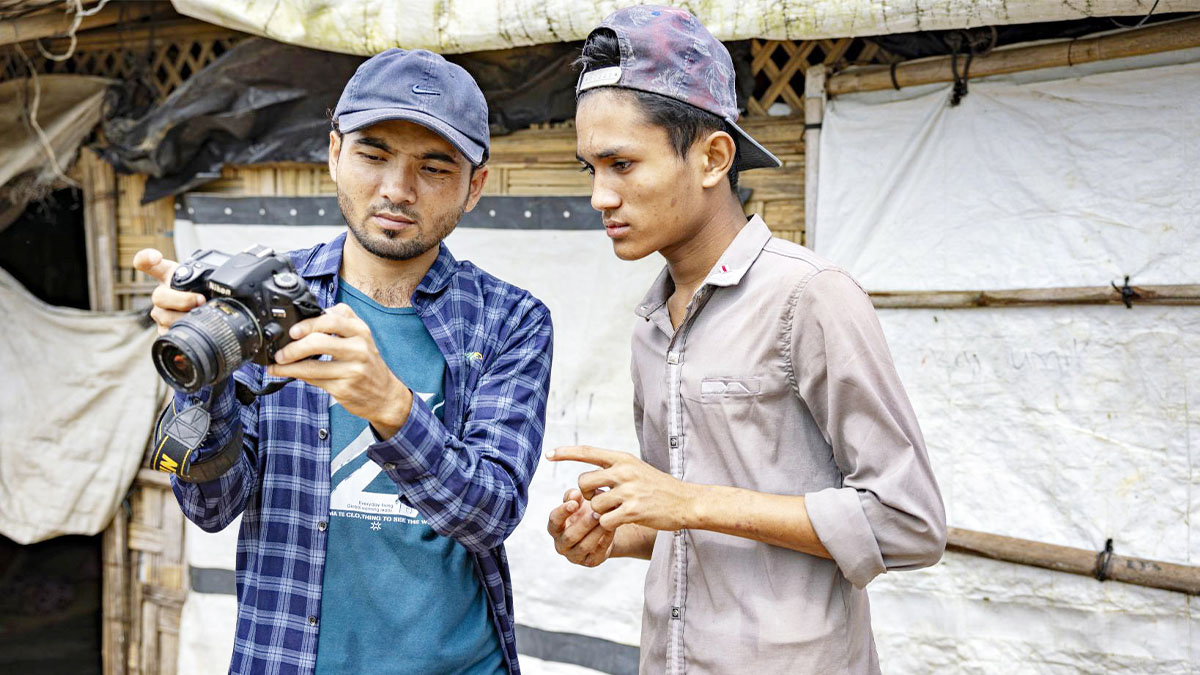
Sahat Zia Hero (left) with a Rohingya refugee in Cox's Bazar, Bangladesh, December 2023. UNHCR Doc.
He then returned to his hometown, which was not far from the border with Bangladesh. For several years, while helping his family manage their farm and fishing pond, he continued his photography hobby.
Armed with a digital camera, Zia photographed various sports activities, especially soccer tournaments, held in his village. He often uploaded these photos to Facebook. He created a Facebook page called Rohingya Sports and Fun.
Zia was able to access the Internet by utilizing the network from Bangladesh that reached his village. “The page is still on Facebook, but I don’t have access to it anymore,” he said.
When Myanmar’s military launched an operation against the Rohingya Muslim population in 2017, Zia and his family were forced to flee their village. They sought refuge in Cox’s Bazar, where they have now lived for seven years.
Upon arriving at the camp, Zia started working with a humanitarian organization, the Danish Refugee Council (DRC). He became a volunteer team leader at the organization and began taking photos with his mobile phone. His aim at the time was simply to report specific events in the camp, such as landslides, fires, and floods.
He was once a victim of the devastating fire that struck the refugee camp in March 2021, in which 50,000 Rohingya refugees lost their homes. It was the second time Zia had lost his home. He then documented the event and published his first photo book, Rohingyatography.
That same year, Zia was nominated for the Photographer Award from the United Nations Children’s Fund (UNICEF). With the support of David Palazón, a Spanish artist and curator, Zia founded Rohingyatographer magazine in 2022. The magazine is collectively published by Rohingya photographers based in the Cox’s Bazar camp.
Zia explained that the magazine serves as a tool for building empathy, breaking stereotypes, and creating connections among people from different backgrounds. Rohingyatographer provides a platform for Rohingya youth to share their stories, perspectives, and voices and to engage in global dialogue on various issues they face through photography.
“Through art, they not only educate themselves but also provide valuable insights into the lives of Rohingya people for others to learn from,” he said.
Zia continues to use social media to raise awareness about the situation and life of the refugees in the camp. He not only uploads photos of his subjects but also frequently interacts and collaborates with many people, particularly from humanitarian organizations and journalists from various media outlets.
As a freelance photographer, Zia does not have a steady income. He said that, as a refugee, he does not have many opportunities to work as a photographer. Therefore, he and his colleagues have to look for other jobs to survive.
Nevertheless, every payment Zia receives from his photography work is always set aside for his family and his projects. Recently, he purchased a Sony Alpha 7 camera to support his career. “I just bought it with funding assistance from the UNHCR. This camera is excellent for professional photographers,” he said.
Zia also invested the prize money he received from the award in 2023 to buy cameras and photography equipment. He uses them to help develop the skills of Rohingya youth in the refugee camp.



